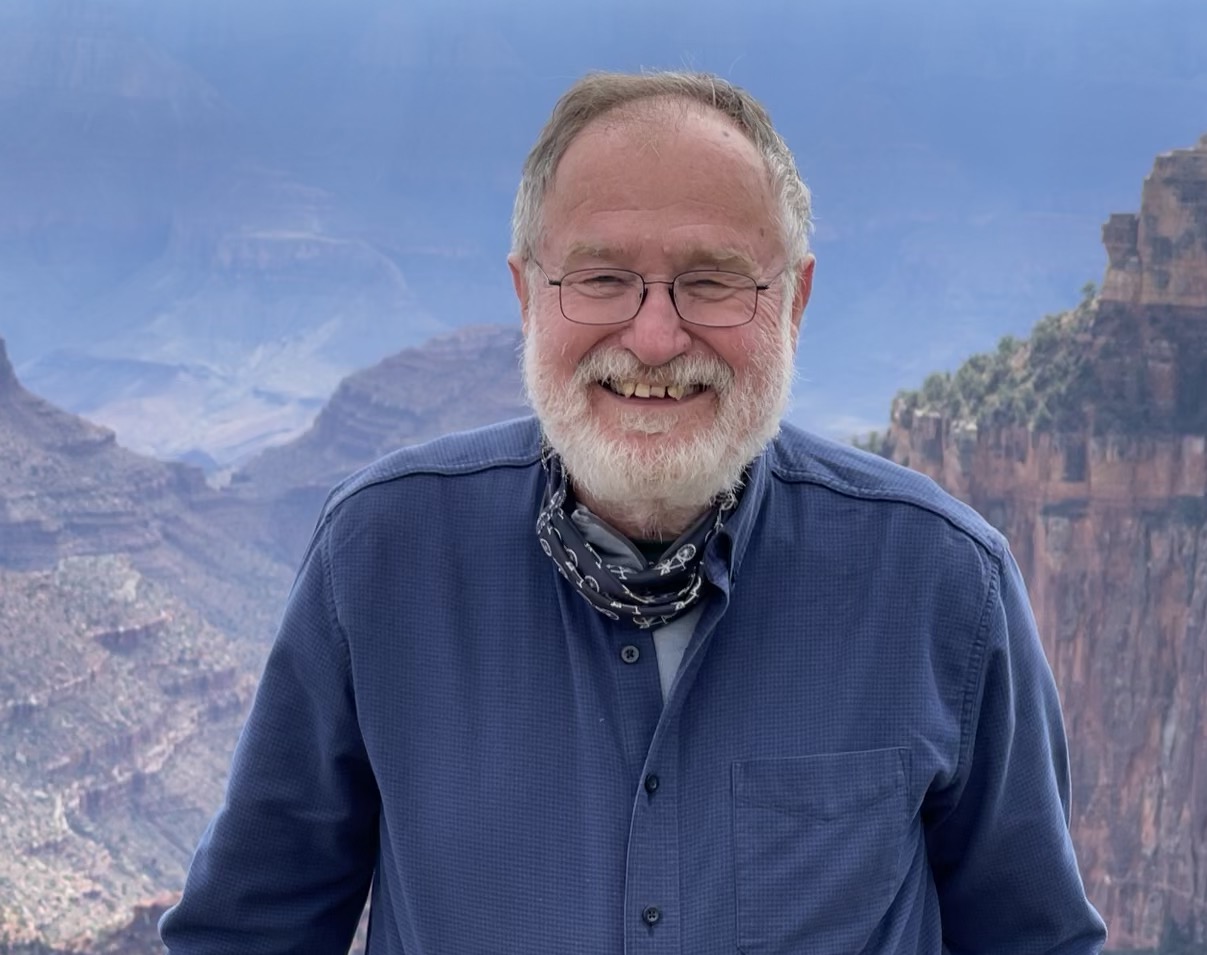Wolfgang Christian
Davidson College, North Carolina, USA
Dr. Wolfgang Christian is the Emeritus Brown Professor of Physics at Davidson College where he taught for 33 years and he is a fellow of the American Physical Society and of the American Association of Physics Teachers. He is the author or co-author of nine books including: Open Source Physics: A User’s Guide with Examples (Addison Wesley 2006), An Introduction to Computer Simulation Methods : Applications to Physical System (Addison Wesley 2006), Physlet Quantum Physics (Prentice Hall 2005), Physlet Physics (Prentice Hall 2004), Physlets: Teaching Physics with Interactive Curricular Material (Prentice Hall, 2001), and Just-in-Time Teaching (Prentice Hall, 1999).
at Davidson College where he taught for 33 years and he is a fellow of the American Physical Society and of the American Association of Physics Teachers. He is the author or co-author of nine books including: Open Source Physics: A User’s Guide with Examples (Addison Wesley 2006), An Introduction to Computer Simulation Methods : Applications to Physical System (Addison Wesley 2006), Physlet Quantum Physics (Prentice Hall 2005), Physlet Physics (Prentice Hall 2004), Physlets: Teaching Physics with Interactive Curricular Material (Prentice Hall, 2001), and Just-in-Time Teaching (Prentice Hall, 1999).
Dr. Christian is currently working on physics curriculum development using the World Wide Web and open-source computational physics tools. He is the managing editor of the Open Source Physics (OSP) digital library and he was awarded the 2022 AAPT Lillian McDermott Medal for improving the teaching and learning of physics and having made intellectually creative contributions in this area. >>>
Keynote talk's title: How Computers Improve Physics Teaching Through Interactive Engagement
Andréas Mueller
University of Geneva, Faculty of Science/Physics Section
Institut Universitaire de Formation des Enseignants (IUFE), Switzerland
Prof. Müller is professor of science education at the University of Geneva/CH, on a joint ap pointment of the institute for teacher education (Institut de Formation des Enseignants, IUFE) and the Faculty of Science/Physics Section. His current interests in research and development are twofold:
pointment of the institute for teacher education (Institut de Formation des Enseignants, IUFE) and the Faculty of Science/Physics Section. His current interests in research and development are twofold:
a) empirical investigations and research based development in science education, in particular about context orientation and about the role of tasks and exercises for effective learning and teaching;
b) science of everyday phenomena, cross-disciplinary connections of physics with the other sciences, hands-on-experiments.
In both areas, the use of smartphones and other mobile devices has had a central place in his work in recent years.
In physics teacher education, his main goal is to establish a good synthesis of good practice of experienced and innovative teachers on the one hand,
and the large body of research-based knowledge about teaching and learning available nowadays on the other hand.
Keynote talk's title: Digital Competences and Physics Education –
Perspectives for Classroom Practice and Teacher Education
Jens Noritzsch
Phyphox Public Relations
2nd Institute of Physics A, RWTH Aachen University, Germany
Jens Noritzsch graduated from the University of Dortmund in 1999. He continued research in the field of high-energy physics phenomenology there and at the Ruhr-Universität Bochum until 2010. From 2009 to 2013, he taught physics and later mathematics at lower and upper secondary school level. From 2014 to 2020, he worked in educational marketing at Casio Europe GmbH and trained STEM teachers on the use of technology, among other things.
Since 2020, he is taking care of public relations –in a rather broad sense and continuing on professional development of educators– for the phyphox project at the 2nd Institute of Physics A of the RWTH Aachen University.
Keynote talk's title: Using phyphox for innovative teaching-learning situtations in physics
Maciej Matyka
Institute of Theoretical Physics, University of Wrocław, Poland
Dr. hab. Maciej Matyka is a university professor and a researcher in complex systems, including fluid flows through porous media. He uses computer programming and simulation methods, which require proper computational power. Nowadays he also uses GPU and, because of his interest in teaching complex systems at a proper scale, he started to research computational methods of simulating large systems at interactive rates.
He is also interested to show the younger generation, that physics may be interesting and "satisfying" to watch and play with. This is where his research and computational skills meet and bring him to the MPTL conference for the second time (Maciek was presenting his poster on soft body simulation during the MPTL'07 workshop in Wrocław as well).
Keynote talk's title: Compute shaders in physics education